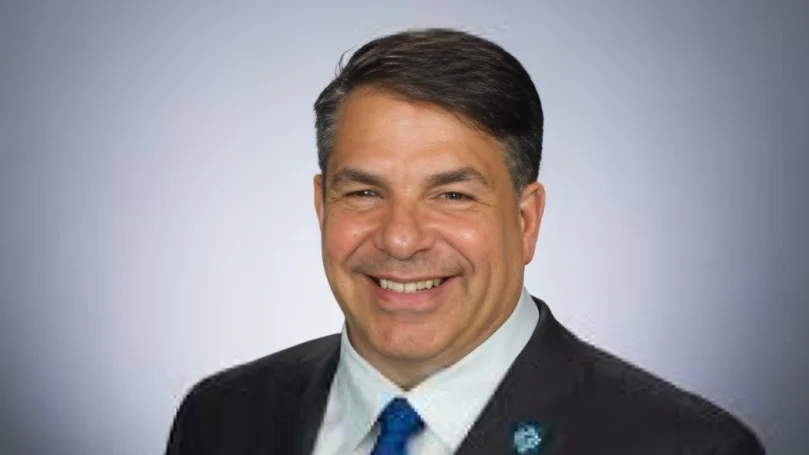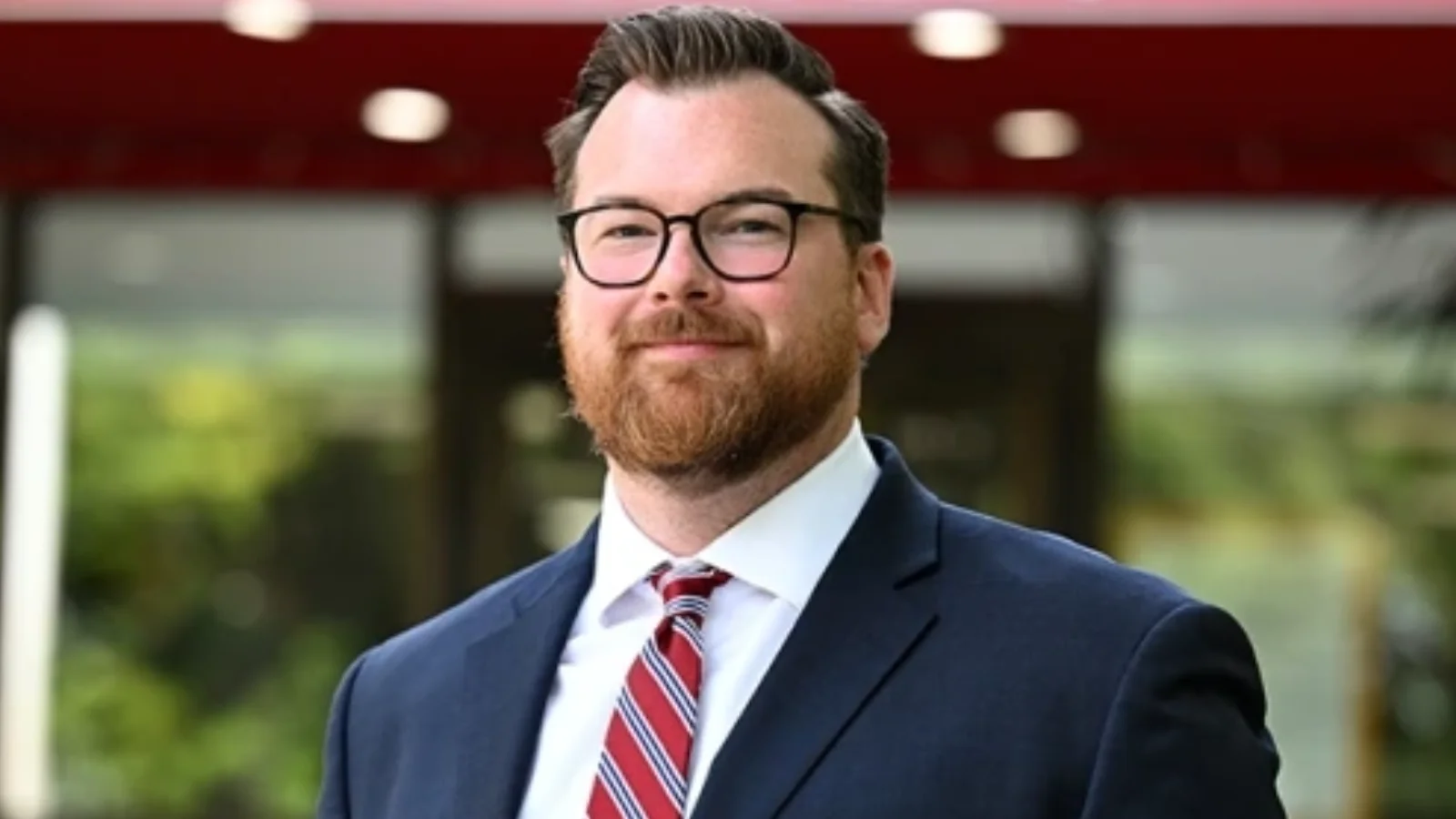
Rev. Brian J. Shanley, O.P. President | St. John's University website
Joshua Peguero, a first-year computer science major at the Lesley H. and William L. Collins College of Professional Studies, recently presented his research at the 39th Annual Association for the Advancement of Artificial Intelligence Conference on Artificial Intelligence (AAAI-25) in Philadelphia.
Peguero, along with his co-authors and mentors Sean O'Brien, Kevin Zhu, Michael Lam, and Felix Lee, developed a neural network framework analyzing New York City subway data from 2017 to 2022. "Our model predicts how the opening of new subway stations influences ridership patterns at neighboring stops," Peguero explained.
The team’s model achieved a six percent margin of error in its predictions. It found that while high-ridership stations retained passengers, smaller stations experienced notable shifts as riders reassessed their routes based on proximity to new stops. "This breakthrough refines predictive methods for urban transit planning and provides city planners with a powerful, data-driven tool to optimize network efficiency and better serve a growing urban population," Peguero stated.
Peguero discovered the conference through his research and emphasized its significance as a leading platform for artificial intelligence research. "As one of the premier gatherings for artificial intelligence research, AAAI featured cutting-edge advancements across various AI applications, including reinforcement learning, generative models, and the ethics and policy implications of AI deployment," he said.
During the conference, Peguero attended a workshop centered on AI for Urban Planning, engaging with researchers, policymakers, and industry leaders on AI’s influence on city development. This included discussions on human dynamics in AI-driven design and the incorporation of large language models in transportation and urban regeneration.
"Presenting my work and exchanging ideas broadened my perspective on AI’s vast potential in urban planning," Peguero remarked. He noted that the experience reinforced his commitment to applying AI for social benefit and inspired new research directions in urban mobility and intelligent transportation systems.






 Alerts Sign-up
Alerts Sign-up